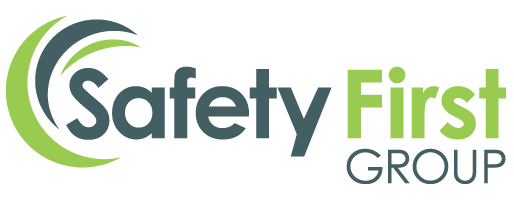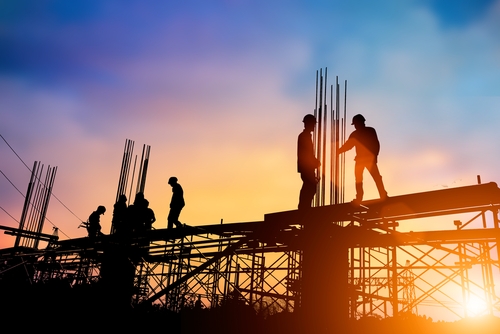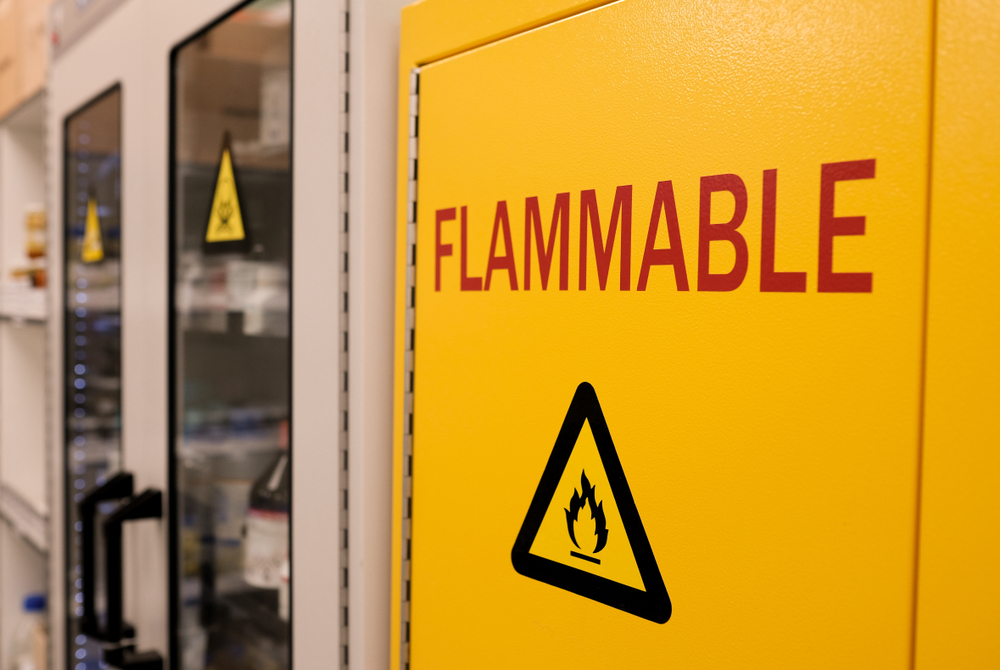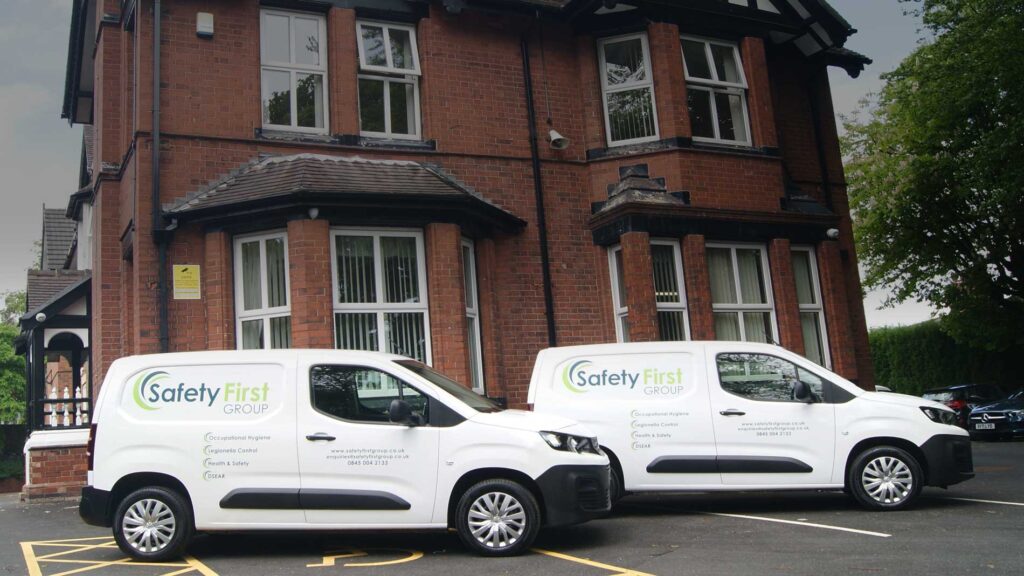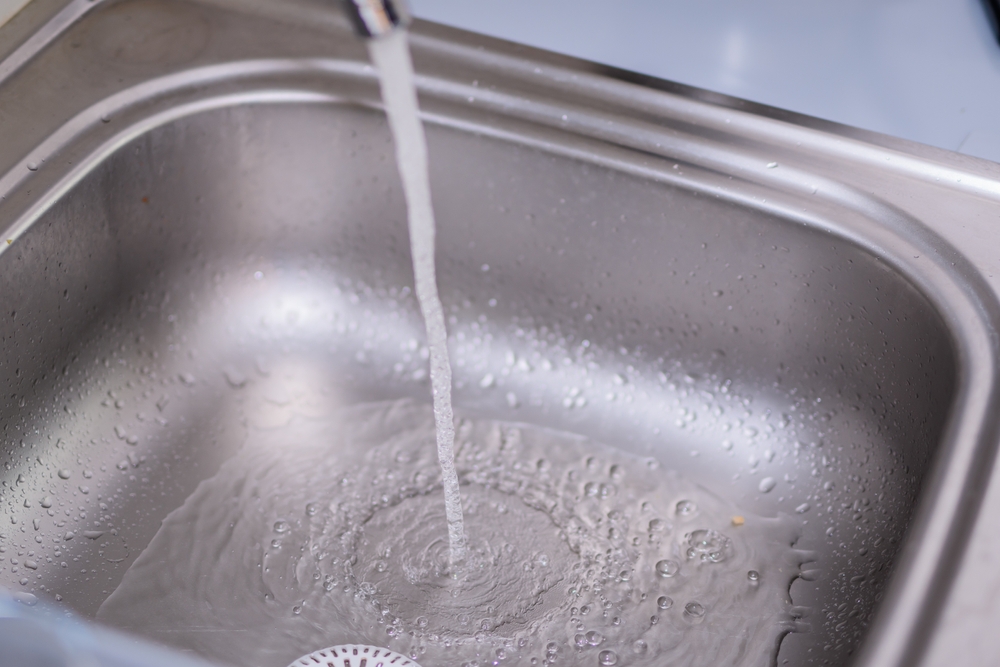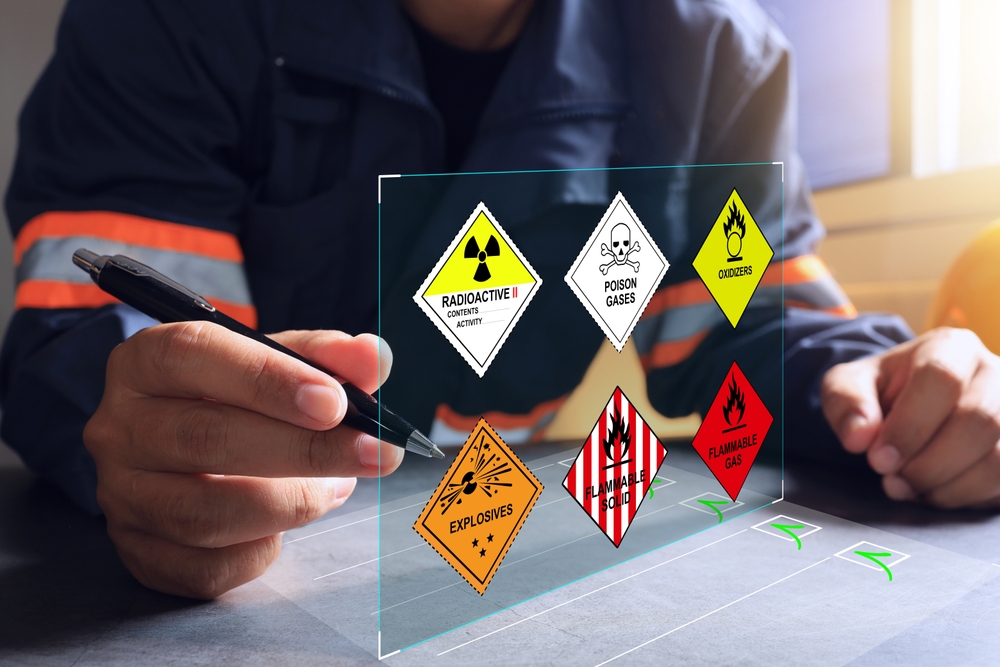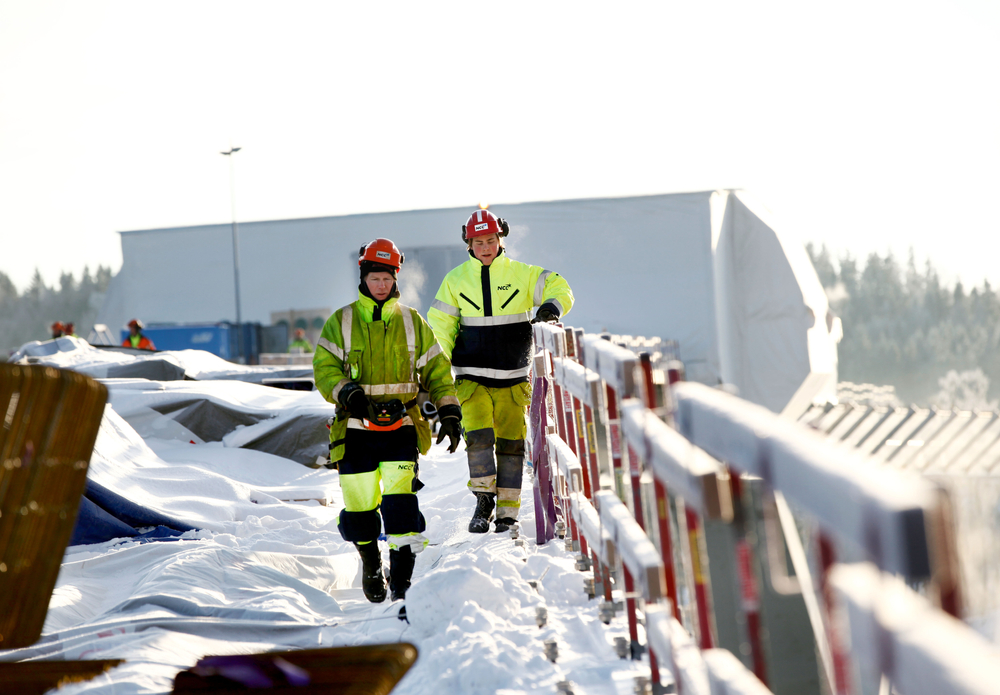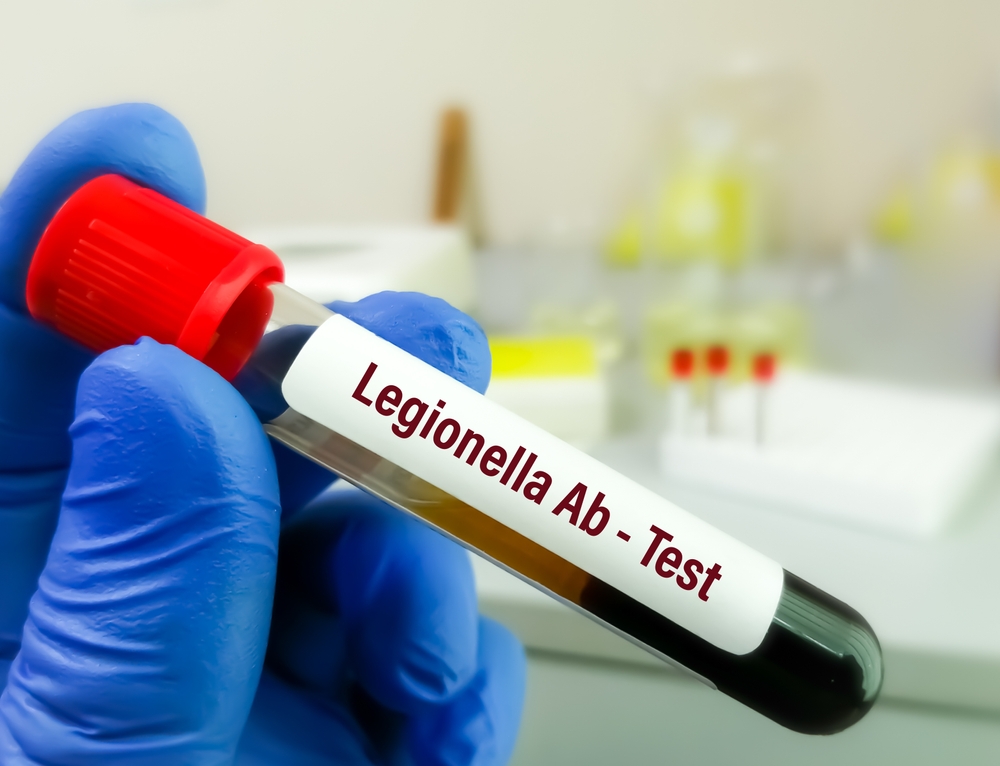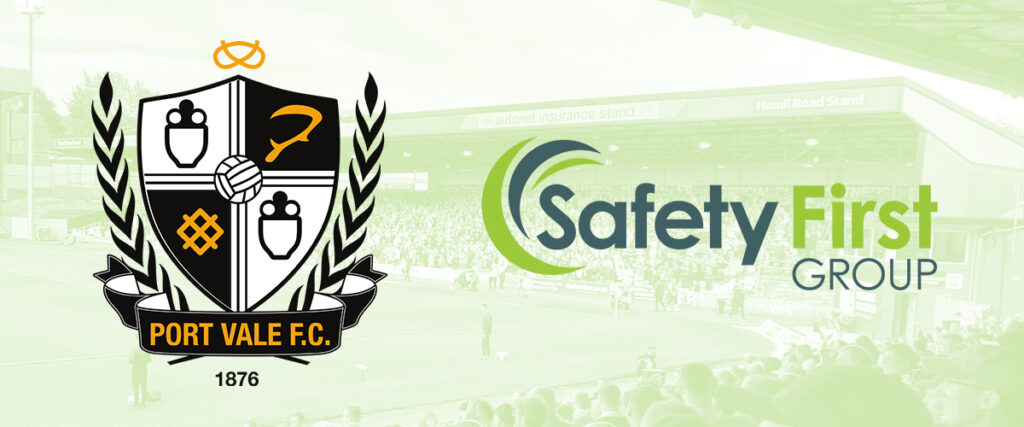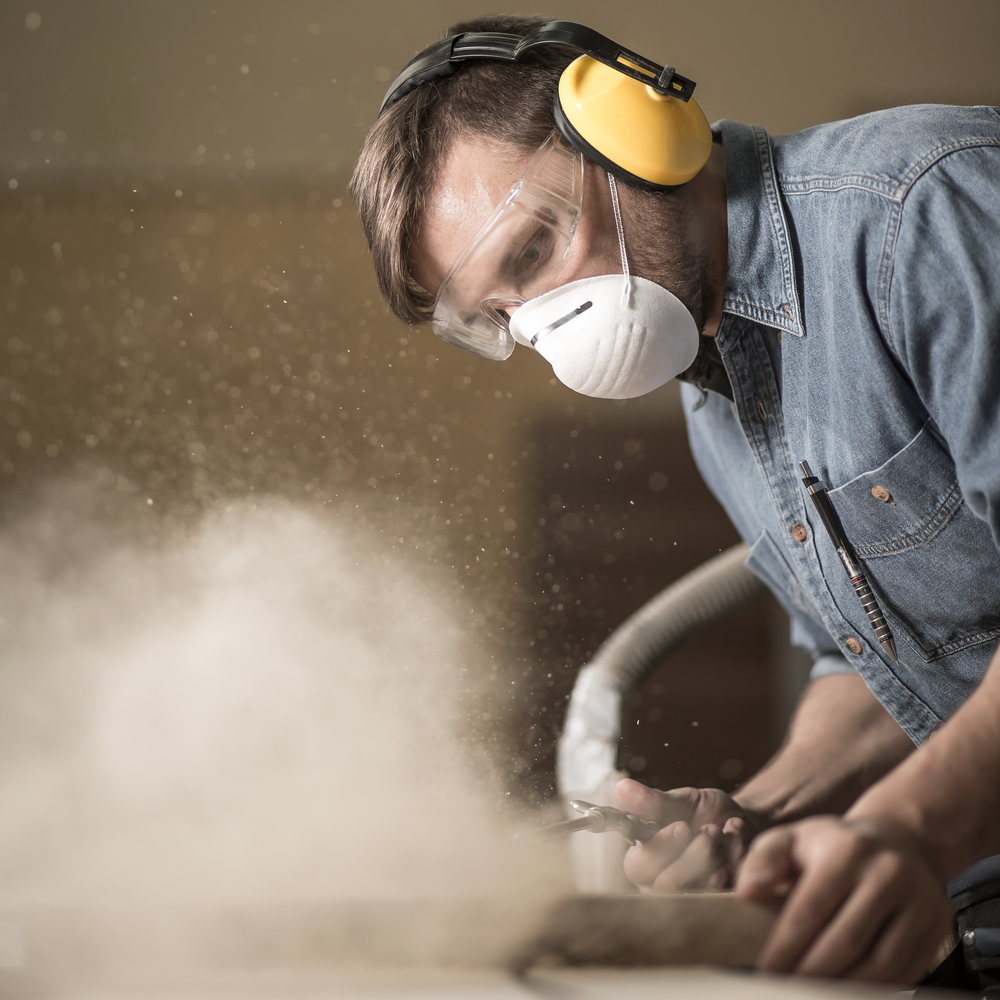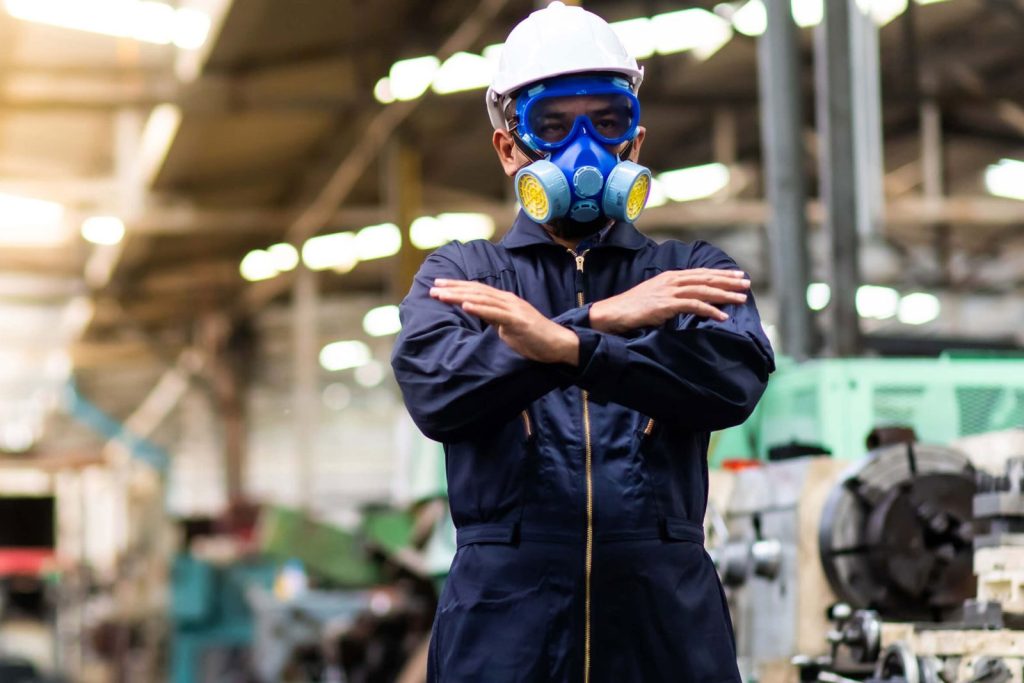As we face unprecedented times going into 2023, what can be done to reduce errors in the construction industry? Even with a strong team of experienced people, project costs can soar when accidents happen.
We know that small errors can turn into big accidents. Working together for the same cause will help identify errors before this happens. What’s more, as a potential recession looms, clients are being more picky than usual. So, it’s entirely possible that systematic errors are being overlooked in favour of cutting costs to win business.
This is a dangerous game to play. It can also be the difference between finishing the project on time, or not at all. And when projects get pushed back, reputations are on the line.
So what can be done to help construction workers in 2023? In this blog we take a look at what could be affecting productivity, and what can be done to make improvements. All of which help prevent long term reputation damage and create a safe framework that will help you win the right projects.
Threats facing the construction industry
Construction businesses are now having to do more with less in 2023, owing to the rising cost of materials and labour. However, there is still a good outlook for the construction industry this year.
In October 2022, The Office of National Statistics (ONS) reported that construction output had been the highest since 2010. Moreover, the construction industry was said to be worth a whopping £15m in 2022. And, as the industry continues to recover from Covid-19, it is expected that 2023 will see a rise in new construction projects.
This rise may be impacted somewhat by the continued war on Ukraine, which is said to have ‘wide-ranging impacts across UK economy’. One of the impacts of this we are seeing in our homes already, with the price of energy soaring to an all time high. This is affecting business profits, and increasing risk throughout the UK. Construction firms are having to save money and complete jobs with little error and on time.
Yet despite these threats, construction as a whole continues to stand strong against the tide. But is safety still a top priority? And are construction firms still prioritising employee and site safety during these unprecedented times?
Safety is a top priority for construction projects
Building a strong team has long been an essential component in successful construction projects. Without qualified and experienced people on the job, things would quite literally fall down! Having a team of people with construction safety knowledge is a different beast entirely.
Safety and construction should come hand in hand. However, many sites fall short of the required UK regulations for safety on site. This could be for a number of reasons such as:
- Lack of on-site safety officer
- Outdated policies and procedures
- Untrained workers
There are many risks and hazards on a construction site, which can range from minor to very serious. Working on a construction site can be a matter of life and death, so safety should always be considered top priority.
However, according to the HSE, around 30-50 construction workers die each year as a result of improper site safety.
Construction site safety is necessary to protect workers, but also to safeguard liability. Serious workplace accidents can land you in trouble with the HSE, and could mean huge fines landing in your lap. And, with today’s climate, can any business stand to lose money?
Thinking about safety before accidents happen is the best way to boost business productivity and protect your reputation.
Common construction site health hazards
Despite strict health and safety laws that govern construction sites, there are still some common risks associated with working on site. These include but are not limited to;
- Fall from height – This makes up 49% of all construction site fatalities
- Vibration – Hand/Arm vibration resulting from regular use of power tools
- Musculoskeletal problems – Lifting, bending and carrying contribute to long term back problems
- Silicosis – The 2nd biggest risk after asbestos.
- Occupational Lung Disease – A result of exposure and inhalation of hazardous substances.
Ensuring you have a safe site isn’t always about eradicating the hazard completely, it’s being aware of the risks and which measures you need to take to ensure compliance. And, it’s thinking about which risks are associated with which workers and how you need to monitor them long term.
Clients would prefer to work with firms who demonstrate excellent compliance, versus those who lost workers due to poor safety management.
This is where your reputation comes into play. Savvy compliance officers in larger companies can search the web for anything related to potential construction firms as part of the tender process. This can throw up any reported fines from the HSE, as well as any potential lawsuits arising from inadequate health and safety.
It’s never too late to make safety a priority before the HSE catches up with you. And it’s never too late to protect your future reputation, in a world where competition is ever growing.
What steps can you take to ensure compliance?
Risk assessment is essential for any new or existing construction site. This would be the first place that any third party service provider would start.
As well as understanding the most common risks and hazards, Safety First Group can help you to identify any unique risks that occur. And, more importantly we have the experience and qualifications to be able to guide you through from start to finish.
We can consult on a bespoke package of services for your project. However, our most popular services for the construction industry are:
- Occupational Exposure Monitoring
- Vibration monitoring & Control
- COSHH
- Working at height
- Health & Safety Risk Assessment
- Manual Handling
- Workplace Noise Assessment
- Environmental Noise Assessment
- Occupational Health Surveillance
The end result being a safe and legally compliant construction site that places an emphasis on worker safety. This in turn can help you minimise any errors in the process, which can help you to deliver projects on time and protect your reputation.
Ready to get started?
You can contact us here, or by calling us on 0845 004 2133 for a free, no obligation chat with one of our experienced technicians. Alternatively, you can email us to enquiries@safetyfirstgroup.co.uk. We are looking forward to chatting with you.
